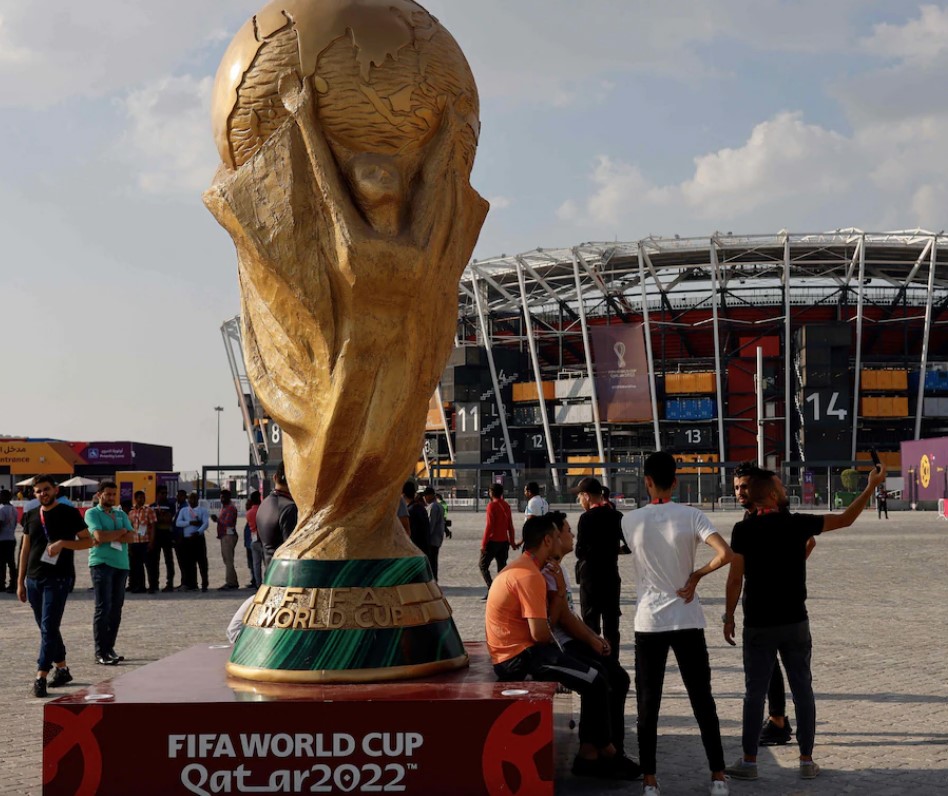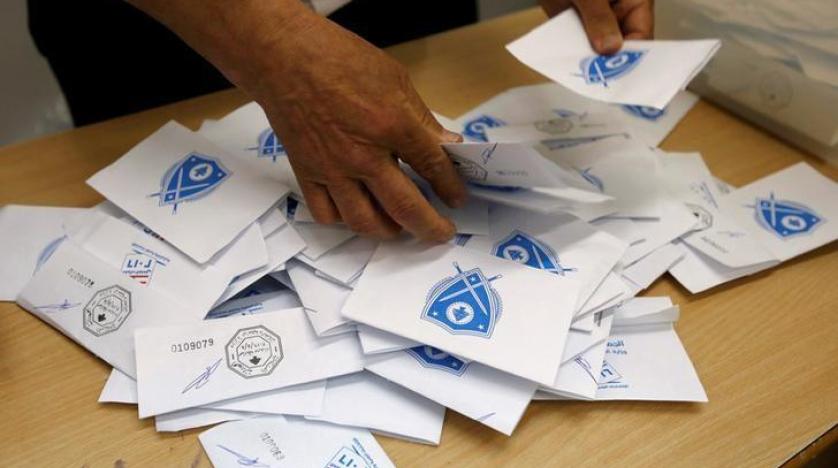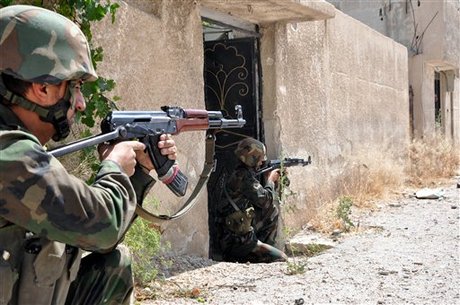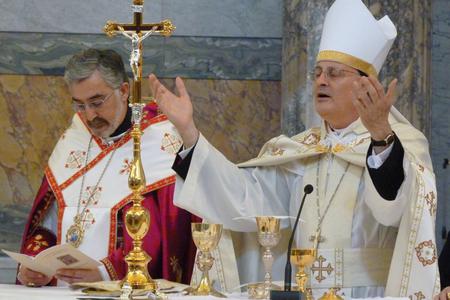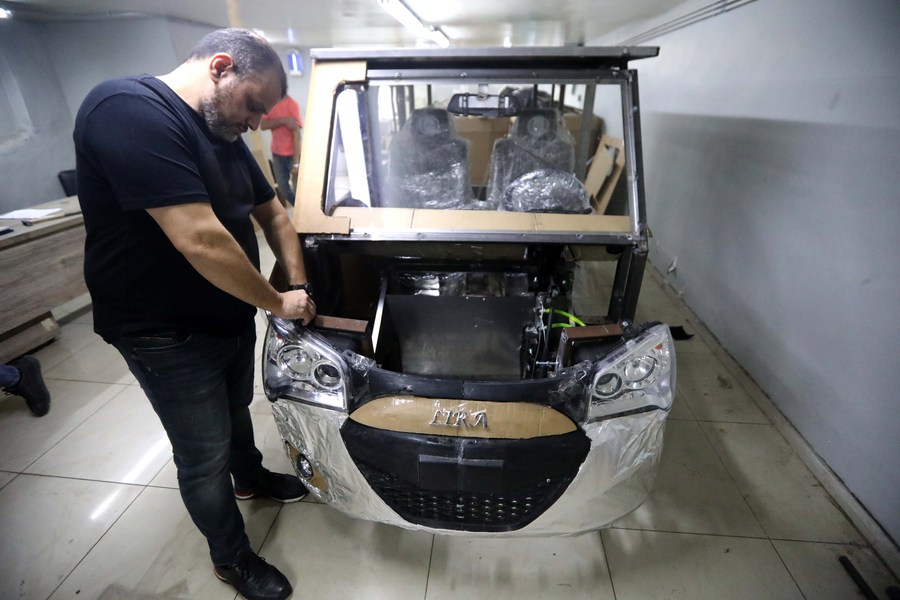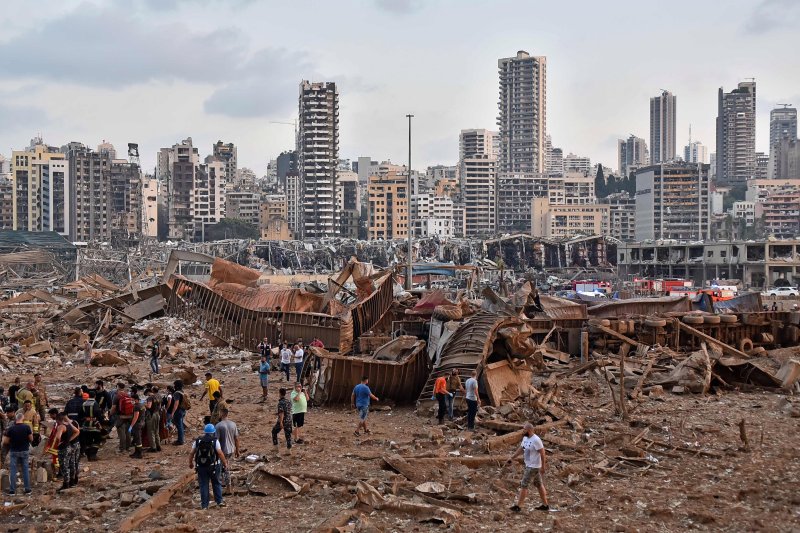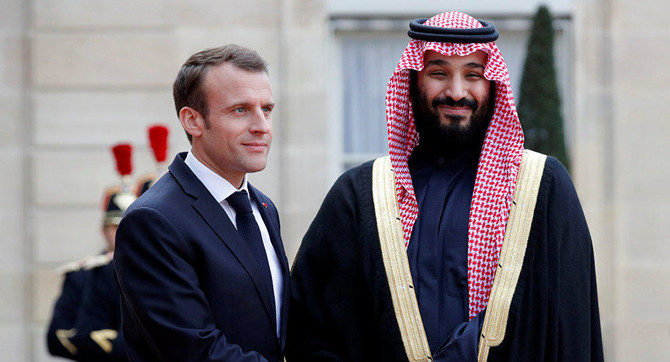
By Eric Santos — msn.com — One of the big upsets of this World Cup came on November 22nd with the victory of Saudi Arabia against Argentina. Lionel Scaloni’s men went into the match on an unbeaten streak of 36 games and went ahead thanks to a penalty from Messi, but after the break, and after a much-noted half-time talk by coach Hervé Renard, the Saudis managed to turn the game around and record a famous victory that delighted Mohamed bin Salman, the country’s crown prince and one of the richest people in the world.
The footballers of the Saudi Arabian national team are now dreaming of qualifying for the round of 16 at the World Cup in Qatar, but while they are savoring this much-heralded victory they are going to receive a spectacular gift from the delighted Crown Prince. The 37-year-old from Jeddah is closely following Saudi Arabia’s participation in the World Cup in Qatar and personally congratulated the team members for winning their debut against all the odds, but he is so delighted that he has gone one step further and presented his beloved footballers with a gift valued at almost 500,000 dollars. The Crown Prince, according to CNN, has decided to give a Rolls-Royce Phantom, the basic model of which costs around $460,000, to each of the players who beat Argentina as a thank you for their performance and as a motivational tool for the next match, which they will play against to Poland. A decent result in that game and Saudi Arabia could achieve a historic qualification for the round of 16.
